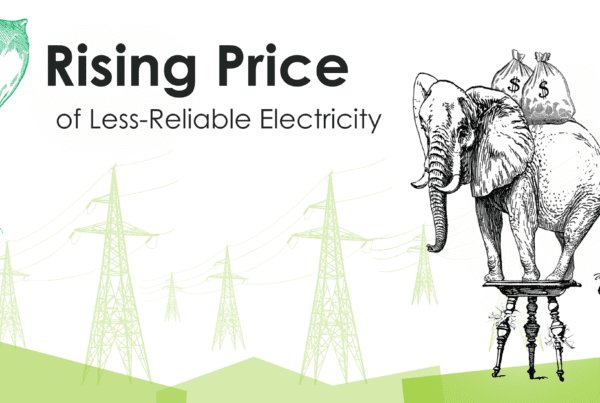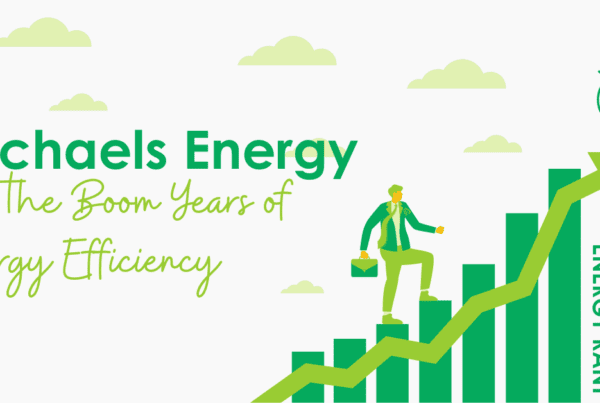
Expressions Hair Design versus Schneiderman. That may sound like a softball or bowling league matchup, but it is actually a Supreme Court case that was heard last week. How in the world does this relate to energy efficiency? It is a case of behavioral economics and the Constitution, believe it or not. Energy efficiency has everything to do with behavioral economics, or maybe it’s the other way around.
Behavioral Economics
Behavioral economics posits that emotional bias leads to poor economic decisions. Did someone say electric car? I couldn’t resist.
There is no doubt about it. People make poor economic choices all the time. Some know it and some don’t know it. Some don’t care, I am sure.
Speaking for cars, only the most closet-bound nerd is going to compare life cycle cost of the various cars they are interested in buying. The hierarchy of decision-making for me goes like this:
- Manual transmission required.
- Is it fun to drive? Is it zippy? Does it corner like it’s on rails? Or does it handle more like a water balloon?
- Do I like the styling?
- Is it reliable in my view?
- Is the gas mileage acceptable?
Notice price is not listed. That is because I quit buying new vehicles – an economic decision. Somebody else can take the 25% whack on their purchase the instant they drive off the lot. I can always find what I’m looking for in a price range that I feel like paying. For instance, last fall I decided to purchase a Mini Cooper, and I decided I would get as much as I could for $15,000.
The Supreme Court Case
The case, described in The Wall Street Journal, involves New York’s ban on credit card surcharges. As a business owner, my hackles always flair up when I read about things for which a business owner can and cannot charge. In this case, credit card use is a major convenience. And what kind of fool does one have to find to think the service is free? But I digress.
I thought, this is interesting on two fronts. First, merchants build the cost of credit card charges into their prices, just like they do for insurance, utilities, rent, and so on. Someone might consider telling Albany this fact.
Second, my dentist gives discounts for paying in cash (or check). Obviously, he wants to minimize credit card surcharges. What is the difference between a discount and its mirror twin, a surcharge? That is the basis of Expressions v Schneiderman.
This will get to energy efficiency, I promise.
Washington banned credit card charges nationwide starting in 1976. What clause of the Constitution gives them this authority? Ok, that was my hackles raring up again. In 1984, Washington undid the unconstitutional surcharge.
My eureka moment: in 1989 I got my first credit card: Discover Card. It was free. My mother thought it was the greatest thing ever. She was right. Credit cards used to charge users with annual fees. How else do they pay for their service? It makes sense that the fees went away in pursuit of market share and the surcharges went into the cost of everything (just about) we buy.
In 1974, Washington granted[1] a “right” to offer discounts for not using credit cards. This is the basis of the supreme court case. A discount or a surcharge – what’s the diff? There is no difference except for what they are called. And since it is a matter of words describing the same thing, it falls under the first amendment, which states, “Congress shall make no law respecting an establishment of religion, or prohibiting the free exercise thereof; or abridging the freedom of speech, or of the press; or the right of the people peaceably to assemble, and to petition the Government for a redress of grievances.”
Notice the brilliance of the wording: or, or, or, or, and.
As a Constitutionalist (means what it says), I would unfortunately side with the state, which can impose whatever stupid laws it wants on its citizens, provided it does not violate the Constitution. The Constitution grants no authority to get involved in this matter. But since it is established (illegal) “law”, who knows what the Supremes will do.
About Efficiency
The salon in the suit asserts that customers have loss aversion bias, which means they are more likely to avoid a surcharge than get a discount in the same amount. The Journal cites this Dutch Study, which according to the Journal says 74% of consumers considered surcharges bad or very bad, while only 22% considered discounts good or very good.
This is critical for framing a value proposition to encourage energy efficiency.
What do you think? Take this two question survey. I will report back with the results in two weeks and include my personal views of loss aversion or discount delight. All respondents are entered to win one of two Amazon gift cards. Winners will be randomly selected on Friday, January 20, 2017.
[1] Are you kidding me? They have no grounds for being involved with this whatsoever any way.





Join the discussion One Comment